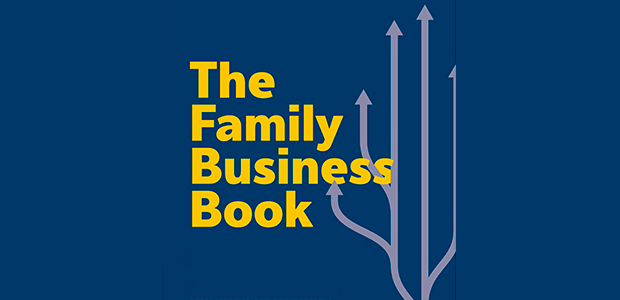
Work-life balance: what business leaders can learn from family businesses
Maintaining a healthy work-life balance is a significant challenge, especially for family-owned businesses where family matters and business operations are deeply intertwined.
The overlap of family and business systems often blurs the boundaries between personal and professional life, making it essential for family business members to develop the skills needed to prevent conflicts in one domain from escalating into the other. Balancing family and business matters requires careful navigation, clear communication, and a deep understanding of both systems to ensure harmony and productivity.
One of the key lessons that family businesses provide is the importance of mastering conflict management to maintain a balance between family and business interests. When family conflicts spill over into the business, they can disrupt operations, hinder decision-making, and negatively impact employee morale. Similarly, business challenges can strain family relationships if not properly managed. To prevent this, family members can establish clear boundaries between family roles and business roles, ensuring that disagreements in one area do not affect the other. This requires dedicated effort, open dialogue, and a commitment to separating personal emotions from business decisions, ultimately fostering a more stable and trusting work environment.
Another crucial aspect of balancing family and business dynamics is the allocation of resources such as time, energy, and money. Family business leaders must be intentional about dedicating time and energy to both family matters and business responsibilities without allowing one to overshadow the other. This means setting aside quality time for family interactions that are not related to business, as well as allocating sufficient resources to address business challenges effectively. By doing so, family members can ensure that both aspects of their lives receive the attention they deserve, reducing the risk of burnout and maintaining a healthy equilibrium. Financial resources should also be allocated wisely, balancing investments in the business with the needs of the family, which helps in maintaining financial stability and avoiding undue stress.
Flexibility is another area where family businesses excel in managing the balance between family and business. Family-owned firms often understand the importance of accommodating personal obligations, recognising that family responsibilities are integral to the well-being of their members. This flexibility extends to work schedules and the ability to adapt to changing circumstances, allowing family members to meet both business and family needs. By embracing a flexible approach, family businesses can create an environment where both family and non-family employees feel valued and supported, leading to increased loyalty and a more harmonious workplace.
Moreover, family-owned businesses often cultivate a strong sense of community and belonging, which significantly contributes to employee satisfaction. In a family firm, employees are frequently viewed as part of an extended family, fostering a culture where personal relationships are valued. This supportive climate helps employees feel comfortable taking the time they need for their personal lives without fear of professional repercussions. By promoting a culture that values employees holistically, family businesses make it clear that work is just one part of life. Business leaders in other settings can learn from this approach by creating environments that encourage teamwork, support, and empathy among employees, thus reducing stress and enhancing work satisfaction.
In conclusion, balancing family and business matters is a complex but essential aspect of running a successful family-owned business. By mastering conflict management, dedicating resources wisely, and fostering flexibility, family businesses can navigate the challenges of overlapping systems. These practices not only help in preventing conflicts from escalating but also contribute to a sustainable and supportive work environment. Business leaders, both within and outside of family firms, can learn from these approaches to create workplaces that respect and integrate the needs of both family and business, ensuring long-term success and well-being for all involved.
Thus, family businesses offer a wealth of insights into fostering work-life balance that business leaders in all types of organisations can adopt. As the importance of mental health and employee well-being continues to gain traction, adopting these practices can lead to more engaged, productive, and satisfied teams.



